We caught up with the brilliant and insightful Scott Takeda a few weeks ago and have shared our conversation below.
Scott, thanks for taking the time to share your stories with us today Earning a full time living from one’s creative career can be incredibly difficult. Have you been able to do so and if so, can you share some of the key parts of your journey and any important advice or lessons that might help creatives who haven’t been able to yet?
I guess I’m “The Self-Tape Expert.”
Since 2009, I’ve been fortunate enough to have booked more than 70+ roles on self-tape. Everything from prestige films like “Gone Girl” and “Dallas Buyers Club” to soaps like “General Hospital” to comedies like “Drunk History.” I’ve been booking on self-tape before the word “self-tape” existed, and more than a decade before the pandemic — against actors who were auditioning in the room.
Taping myself was easy because I’m also a professional director, with six Emmys. I just applied the filmmaking techniques I knew so the decision-makers could easily see and hear my performance.
I didn’t know what I was doing was unique or special. Then in 2018, casting directors started suggesting that I teach what I know. At the time, I was the only actor they’d accept self-tape. They told other actors “Scott’s a filmmaker; he knows what he’s doing.”
Then the pandemic hit, and everything went self-tape. A trusted colleague asked if I wanted to teach online That’s when I started teaching my self-tape playbook — something I call the Takeda Technique. It blends audition technique with filmmaking technique.
And here’s the thing — the filmmaking techniques I teach are so powerful. And they are also really simple and require no special equipment.
The end result has been a brand new business where we’ve taught countless actors from around the country and the world how to create tapes that book. To date, we’ve had hundreds of bookings — everything from national TV commercials, to major studio feature films, to actors first costar roles to top-of-show guest star roles to even Broadway.
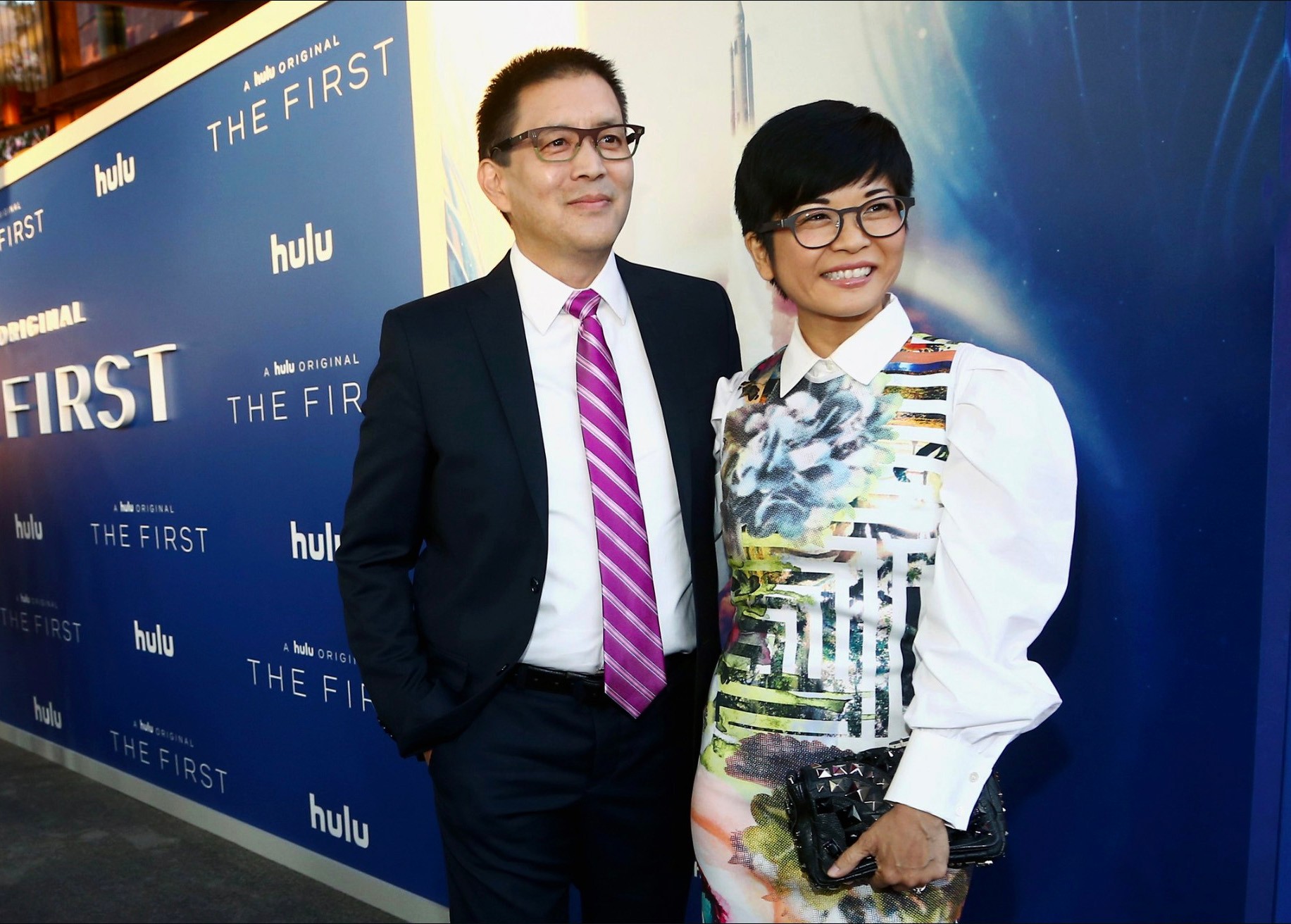
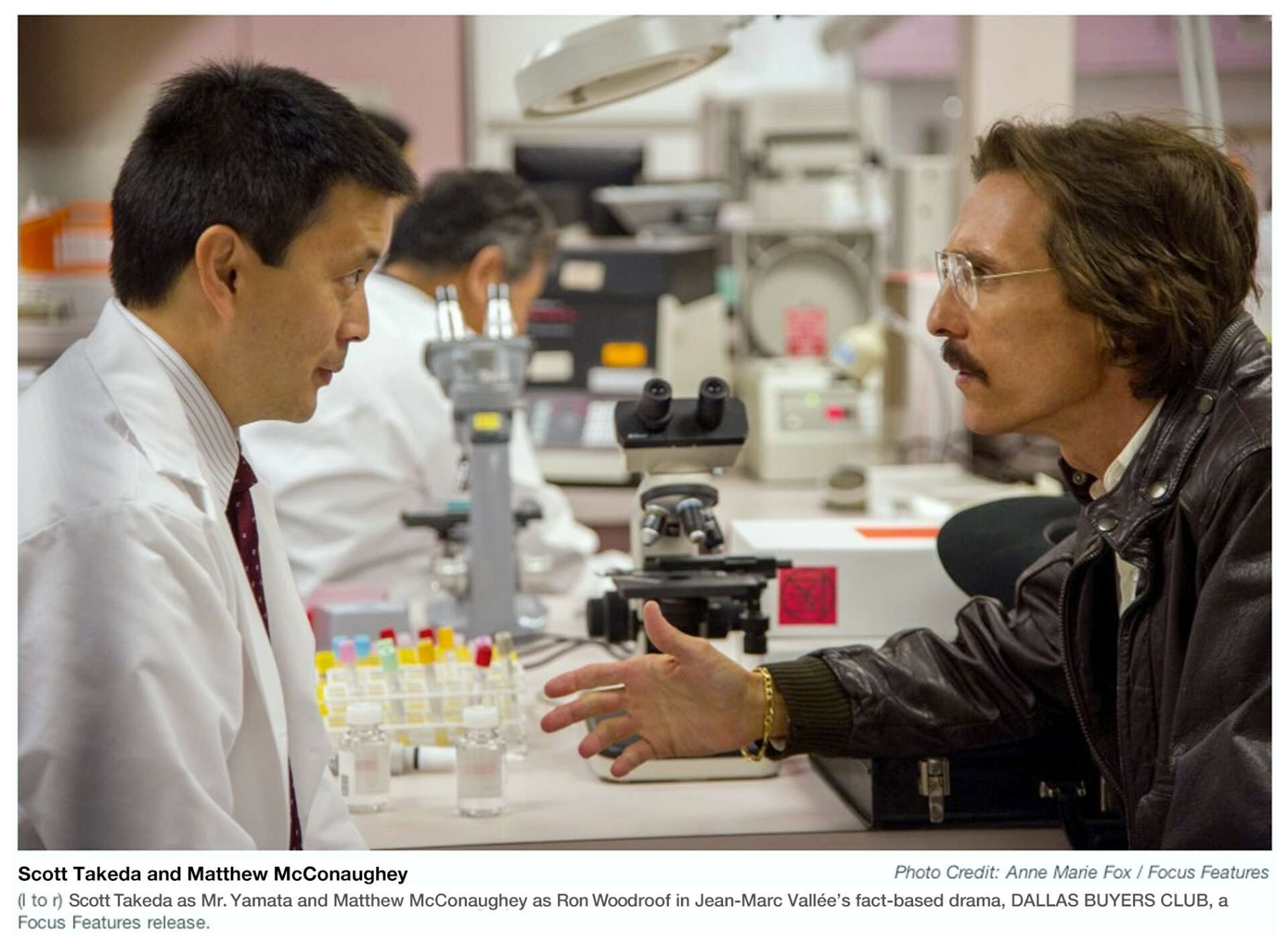
Scott, before we move on to more of these sorts of questions, can you take some time to bring our readers up to speed on you and what you do?
I work professionally on both sides of the TV/Film camera. My “day job” is as a director/producer. A lot of Fortune-500 companies hire me to tell their stories. I’ve done work for clients like General Motors, Eli Lilly, Proctor & Gamble and MSN. My creative team and I have been fortunate to have been recognized for our work including national and international awards from the New York Festivals, the Tellys, and the Emmys. My filmmaking partner and I also do narrative films (films with actors) and we’re in the process of producing our first feature film.
I got into this visual-storytelling world through TV News. I worked six years in TV newsrooms across the country. And that’s where I learned to work on both sides of the camera. I initially started out as a TV news reporter, but I looked very young. A lot of viewers thought I was still in high school, even as I approached my late 20’s. So the only way to climb through the ranks was to switch to working behind the camera as a photojournalist and producer.
I missed being on-camera, so after I left the TV News world, I started to explore life as an actor. I took a few acting classes, and booked a few local commercials. After several years of doing that as a hobby, I then decided to pursue it as a career. The big problem was I lived in the middle-of-the-country — hundreds of miles from the nearest casting director. So that’s when I started to self-tape my auditions, and I’ve been consistently booking using my Takeda Technique to audition for roles.
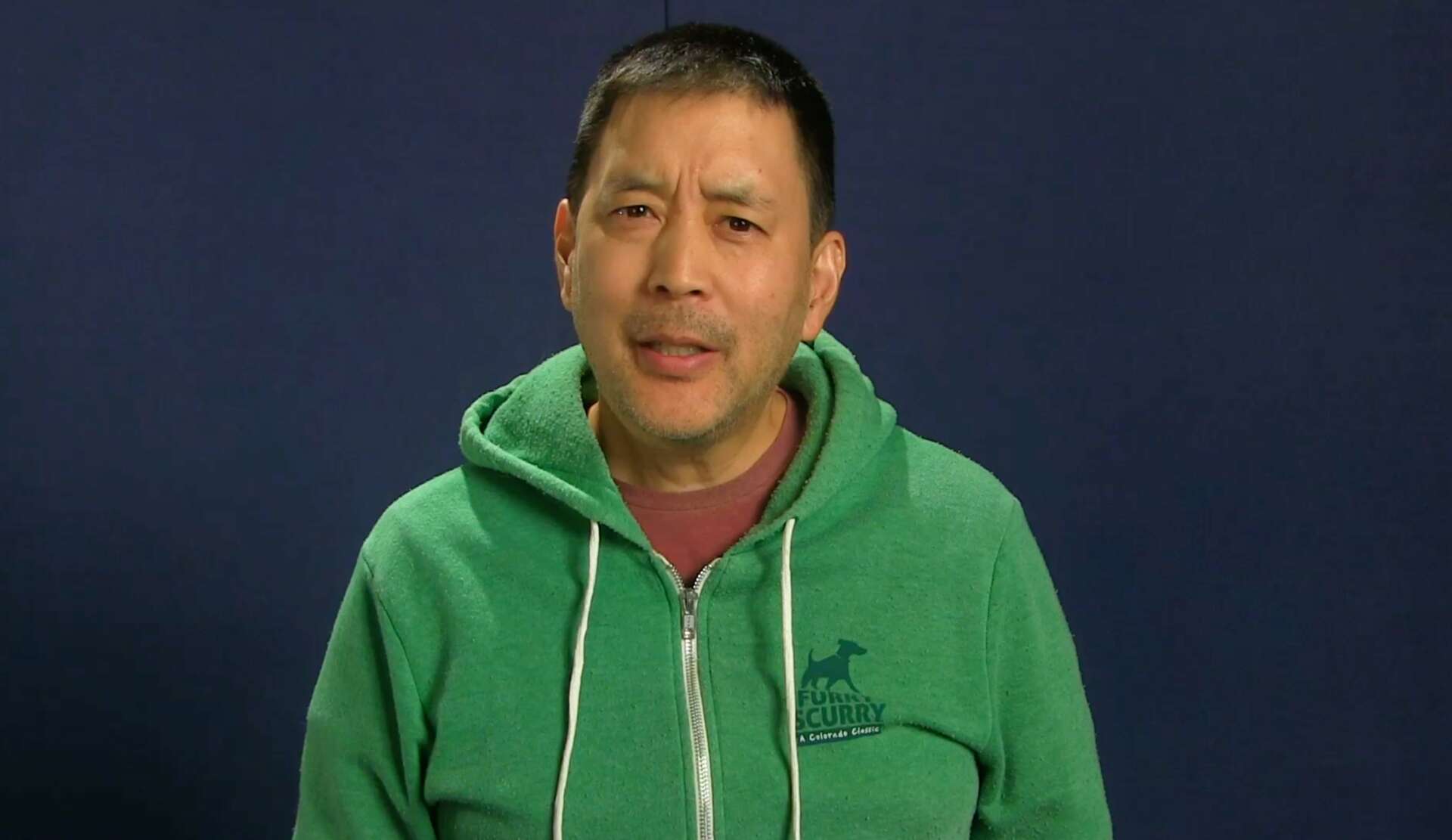
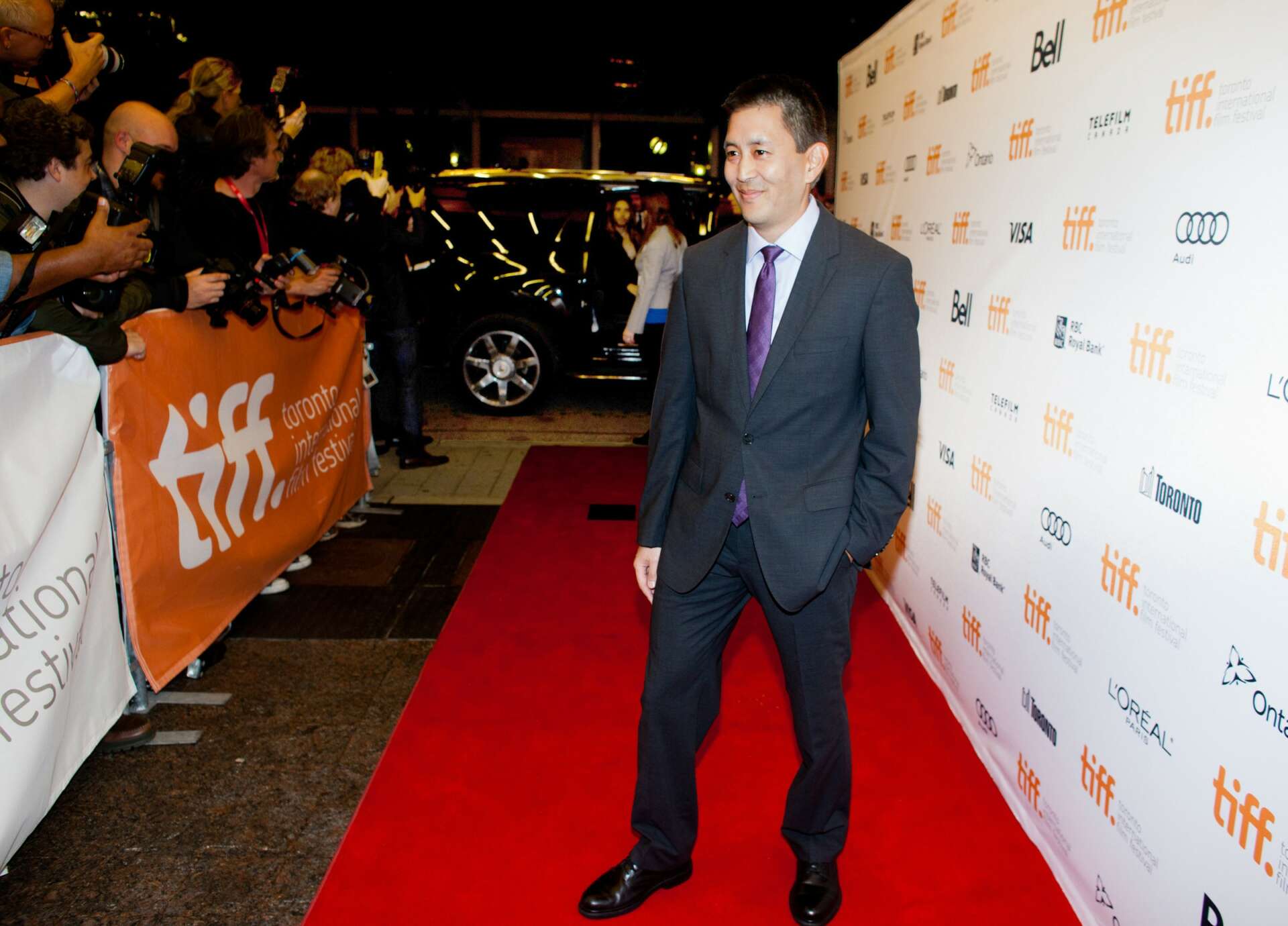
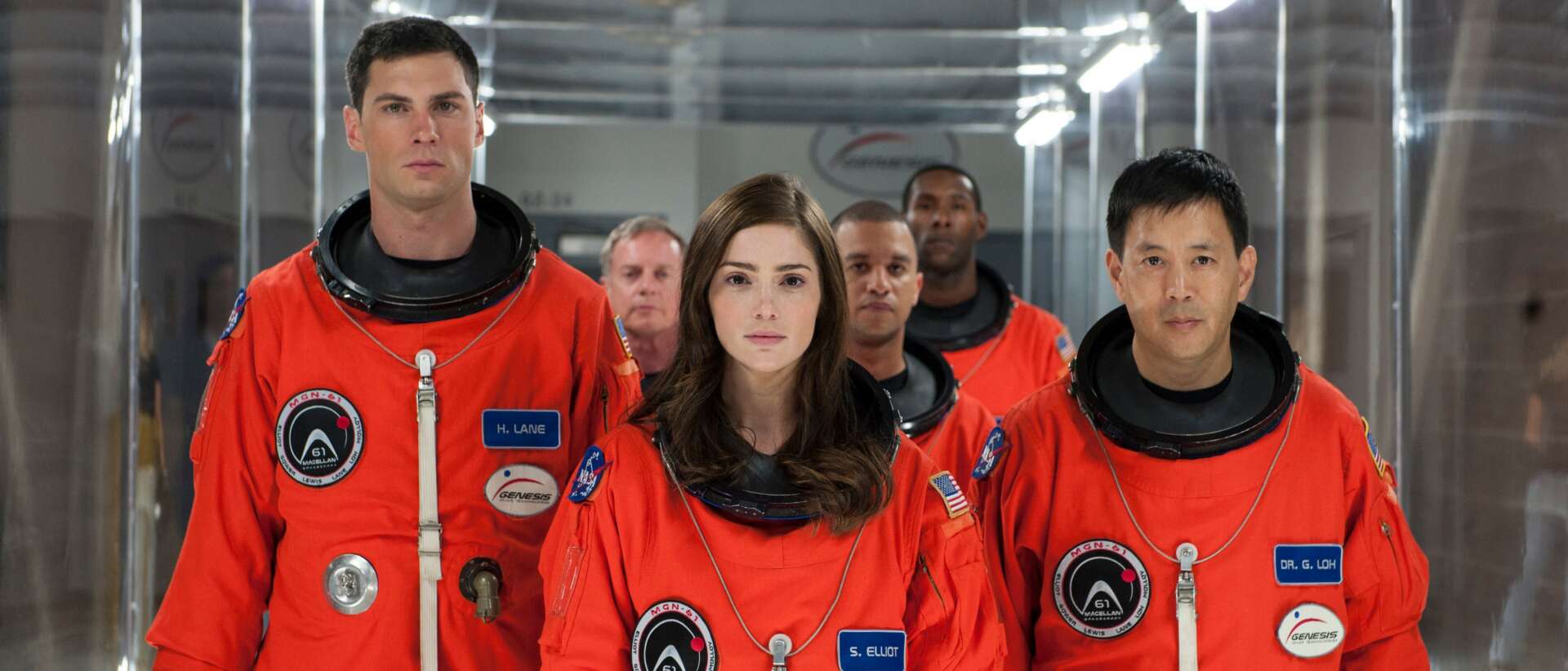
Have you ever had to pivot?
I think my decision to pursue acting as a career was a huge pivot in my life. At that time, to build a career, you needed to move to LA or NY. However at that time, I was in my 30’s. I already had an established life and a directing career. I was working with an acting coach, and he told all of us students that we had to move to LA to book. And only AFTER we became a star could we choose to live where we wanted. He pointed out actors like Harrison Ford who lives in Wyoming or Patrick Duffy in Oregon.
For me, choosing to stay in the middle-of-the-country and pivoting required a leap-of-faith. However I felt like it was the only choice to make. So I stayed, and started to build a career by auditioning only on self-tape. And it worked. I’ve been working non-stop ever since.
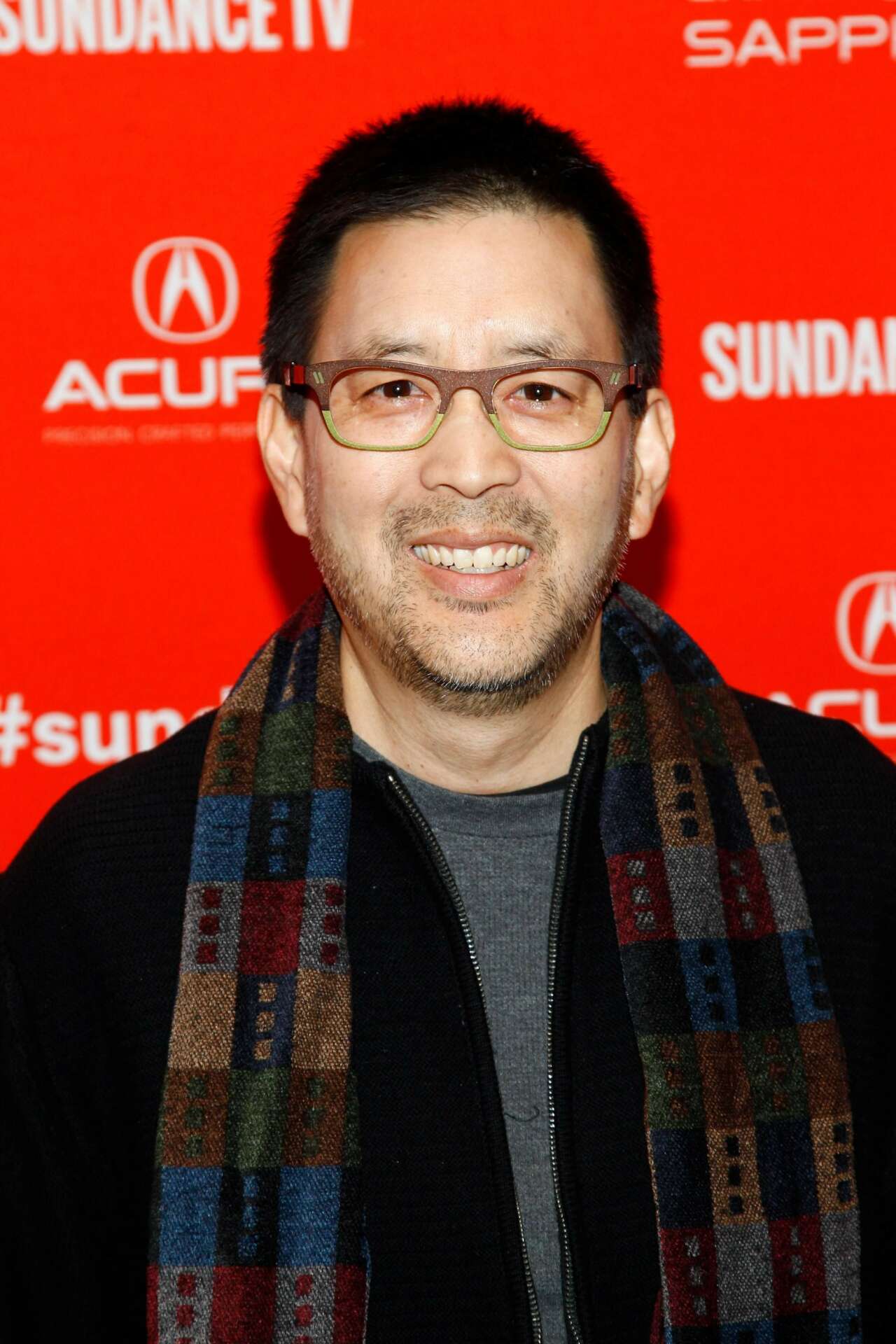

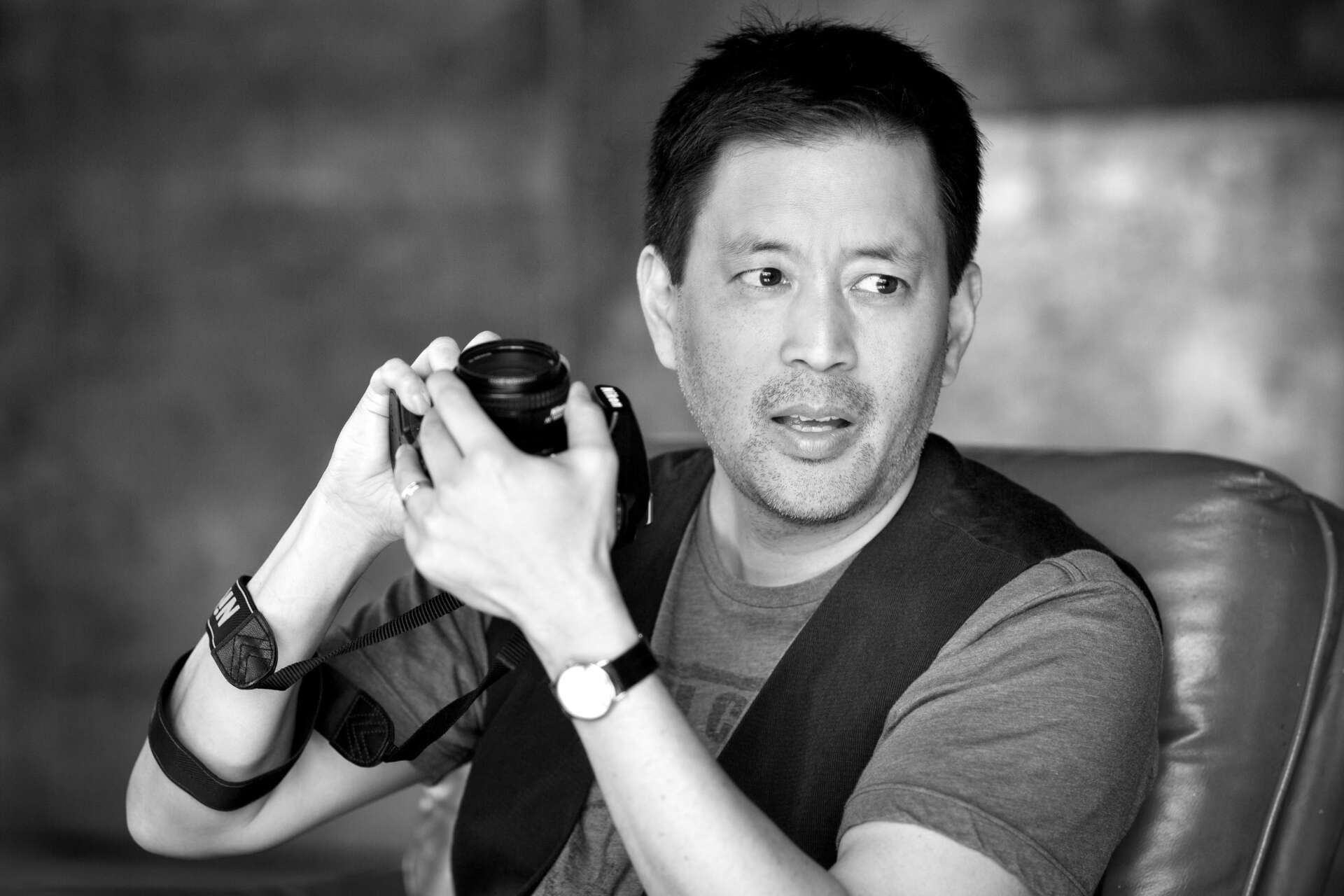
Are there any resources you wish you knew about earlier in your creative journey?
This feels strange, but I when I first started out, I wish I could have taken my own Takeda Technique classes. Nothing like the Takeda Technique existed because taping auditions didn’t exist. Back then, all auditions were in-person. If I couldn’t tape, I either had to drive 18 hours (round trip) to get to a 10-minute audition, or fly to get to an audition. It literally would take all day for a single audition on top of all of the time to prep an audition.
However over all of those years, I learned things about what to do and what not to do. I learned why certain taping skills work and which ones don’t. I learned how to work in multiple markets.
My current students are the beneficiaries of my 15 years of experience. So while I was not able to start my career by having my Takeda Technique classes as a resource, I’m very glad to be able to provide this for my students.
Contact Info:
- Website: https://www.takedatechnique.com
- Instagram: https://www.instagram.com/scotttakeda/
- Linkedin: https://www.linkedin.com/in/scotttakeda/
- Twitter: @scotttakeda
- Other: IMDb: https://www.imdb.com/name/nm1956106/ Actor site: https://www.scotttakeda.com Director site: https://www.takedaentertainment.com Wikipedia: https://en.wikipedia.org/wiki/Scott_Takeda
Image Credits
Image credits in file names.


